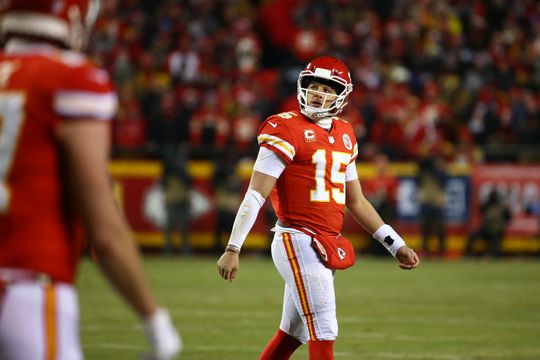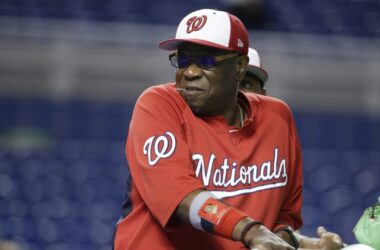Fixing the flaw in NFL OT rules
Gabe Nisker
Some of the NFL’s biggest games come to anticlimactic finishes, with stars like Patrick Mahomes stuck on the sidelines because of the current overtime rules. As it stands, if the team that starts with the ball in overtime scores a touchdown on their initial drive, the game is over—before the other team gets a chance on offence. It’s clear that the NFL needs a new overtime rule.
Slate’s Nick Greene landed on the perfect solution: The California tiebreaker. The California Interscholastic Federation was the first to use the tiebreaker for high school games in 1968. The premise is simple: Team A wins the coin toss and starts with the ball. After they run their first play, Team B, going the other way, takes over from the spot on the field where the first play ended. Each team gets four tries to make the most progress down the field in their direction, and whoever gains the most yardage wins the game.
While this format may eliminate scoring in overtime, it raises the stakes for both teams. Passes need to be completed, runs need to gain yards, and defences need to make stops. As pressure mounts toward a climactic final play, both teams will get their shot, and, in this version of overtime, the winner is whoever can make the most of their final plays.
Capping European soccer to redirect investment
Kaja Surborg
European soccer clubs offer outrageous deals to attract top men’s players and, consequently, win leagues and make money, all the while investing nothing in their women’s teams. Establishing a salary cap in Union of European Football Associations (UEFA) leagues would prevent teams from putting up offers for players that are worth more than their entire annual investment in their women’s team. For instance, if FC Barcelona did not have to pay Lionel Messi $667,000 a week to prevent him from transferring to another club, that money could help fund their women’s team. If teams across the continent followed suit, they could start evening the playing field for women’s soccer. Europe already has some of the best female players in the world; with more resources, they might actually get the pay and attention that they deserve. Salary caps alone likely won’t ensure this reinvestment, but, in combination with policies from UEFA that require the reallocation of profits into women’s and youth teams, they would help.
Instituting salary caps would also help balance out the men’s leagues. Currently, the same few clubs rotate through the top spots while the rest of the league is ignored. Salary caps would prevent rich teams from buying their way to the top every year and make the competition more exciting.
Out with pitchers hitting; in with the universal DH
Mitchell Bannon
Hitting a 73-mm ball with a 66-mm bat is a difficult feat. It is so difficult that even the best MLB hitters are only successful just over 30 per cent of the time. Nonetheless, half of Major League Baseball is stuck in the past, forcing pitchers to hit, or at least attempt to. The American League does not force their pitchers to hit, instead allowing for a designated hitter to hit in the pitcher’s place.
On their journey to the big leagues, most major league pitchers are not required to hit, and many haven’t picked up a bat since their high school days, well before their arrival in the National League. For every Madison Bumgarner, a surprisingly-competent pitcher-hitter, there are a hundred pitchers who go up to bat just to strike out on three pitches. Even worse are the consequences of forcing pitchers to hit, like Cardinals pitcher Adam Wainwright’s horrific Achilles injury in 2015. In 2018, Major League pitchers had an atrocious .115 batting average, less than half the league average, and far from high enough to warrant the risk involved with stepping into the batter’s box.
Some may be entertained by watching pitchers hit, but only in a can’t-look-away kind of way. It is far from the pinnacle of professional athletics that Major League Baseball aims to promote. The National League should acknowledge a changed game and finally embrace the designated hitter.









